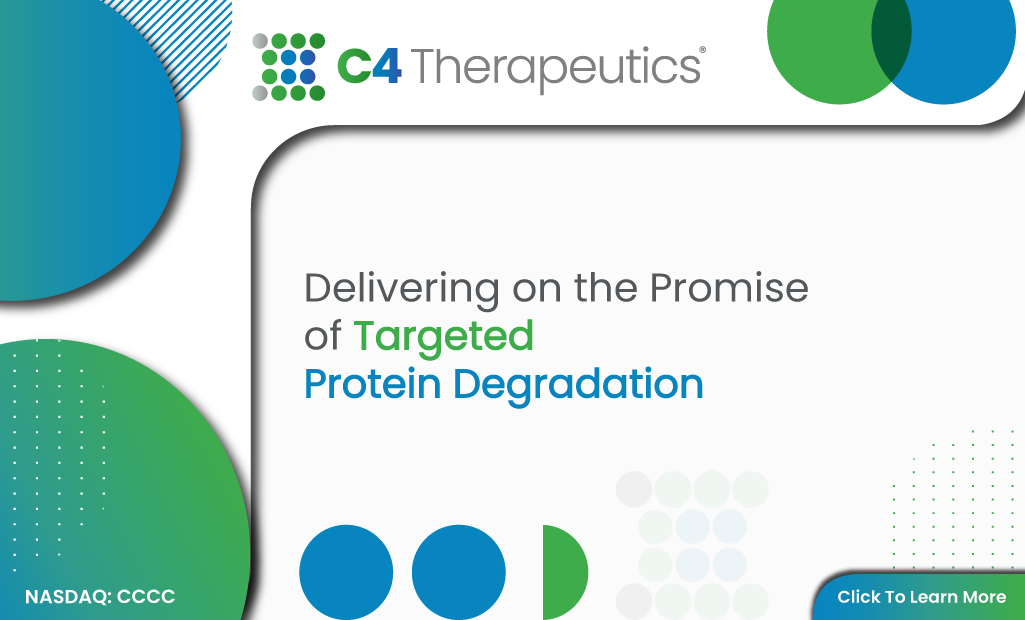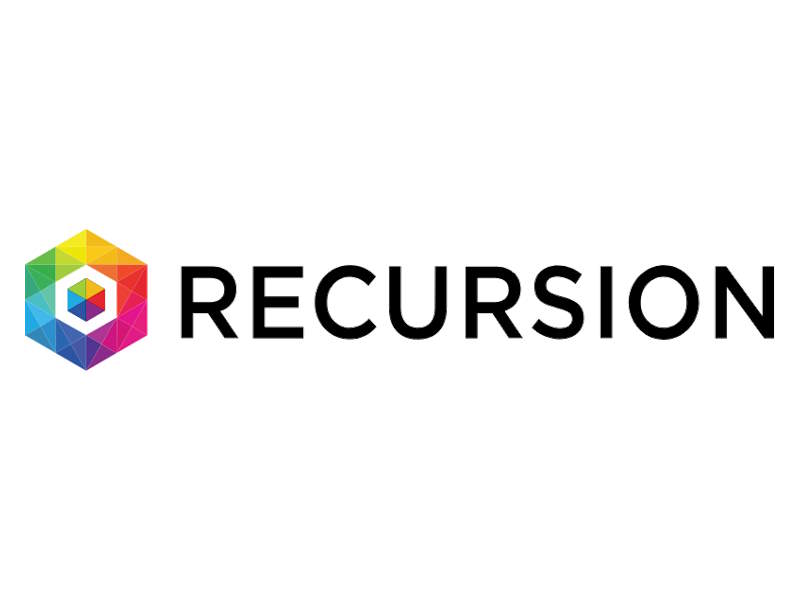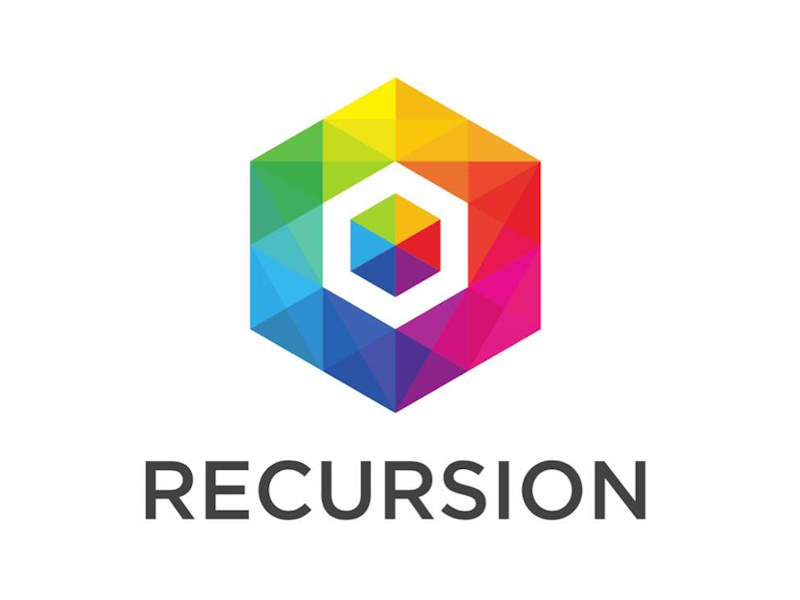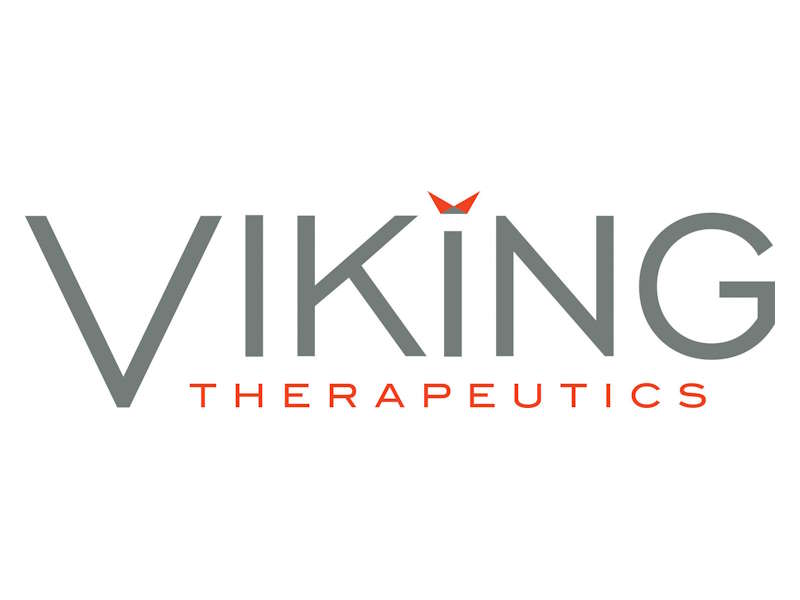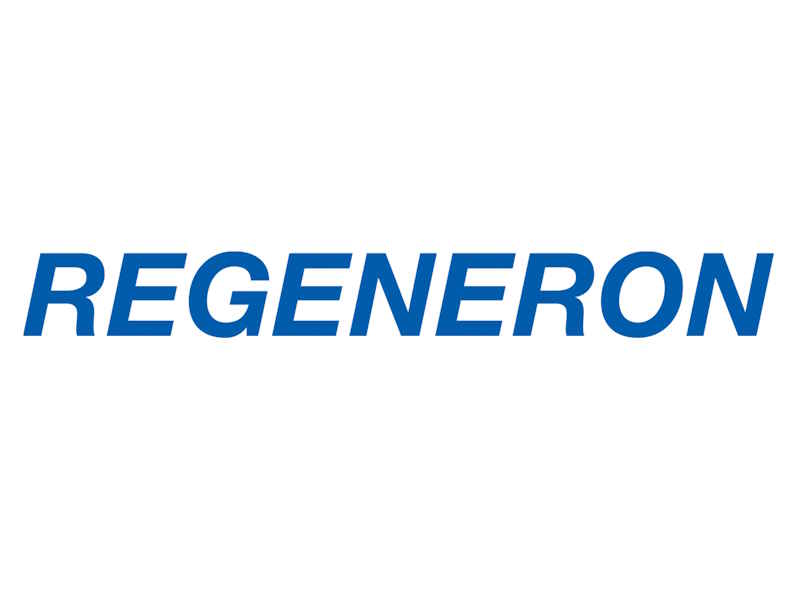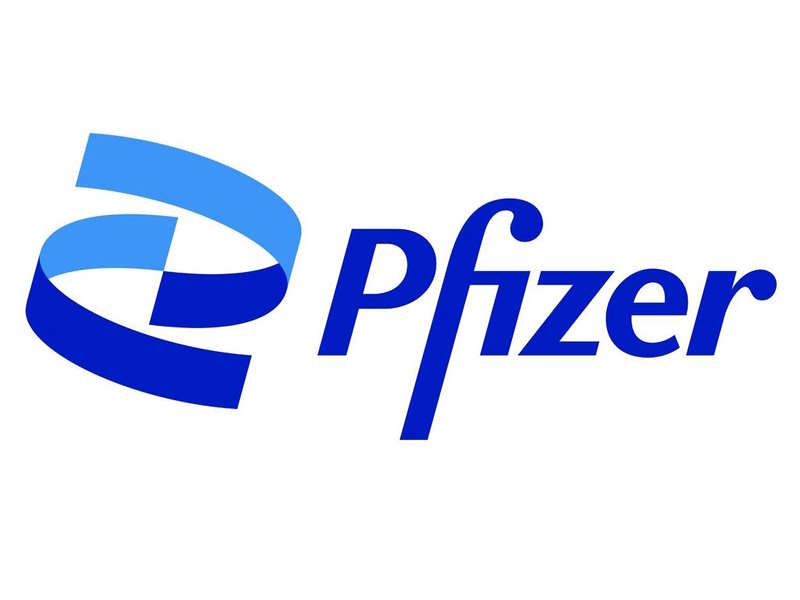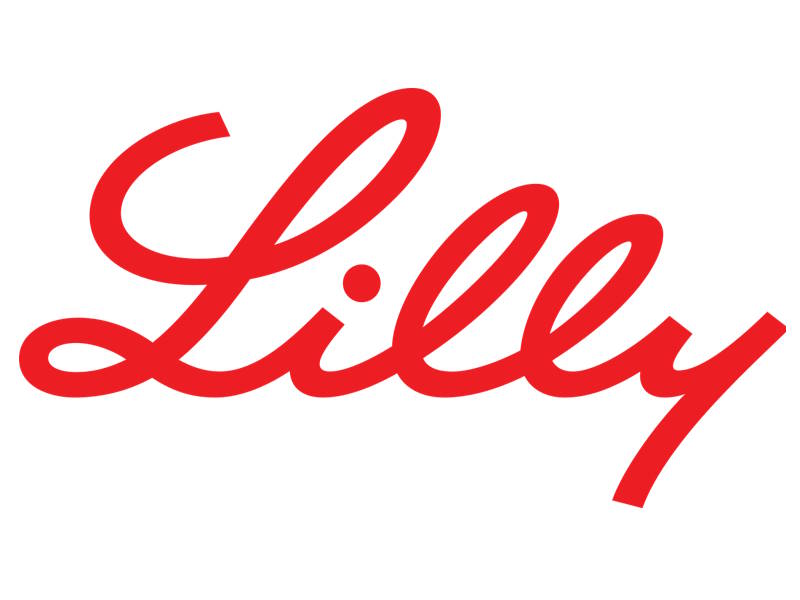Berlin, January 10, 2023 – On the occasion of the 41st J.P. Morgan Healthcare conference in San Francisco, Bayer AG announced it is raising its combined peak sales forecast for key growth drivers in its pharma portfolio to over twelve billion euros. This improved outlook comes amid the company’s potential blockbuster drugs tracking ahead of schedule and targeted investments in Research and Development (R&D) replenishing its pharmaceutical development pipeline.
Nubeqa™ (darolutamide), which has the potential to become the standard of care for prostate cancer patients from the early- to the late-stage of this disease, has projected peak sales potential of more than three billion euros. Its market share in the US has already expanded to over 30 percent in non-metastatic castration-resistant prostate cancer (nmCRPC) and it has gained US label extension to treat patients in the metastatic hormone-sensitive prostate cancer (mHSPC) setting based on the strong data of the
ARASENS study. Going forward, growth will be driven by further approvals for the treatment of mHSPC in the EU, Japan, China and other major regions as well as continued gains in market share. In parallel, the ongoing Phase III clinical development programs (ARANOTE and ARASEC) with darolutamide aim to broaden its use even further by offering treatment options in the metastatic hormone-sensitive setting without concomitant chemotherapies. Darolutamide’s use in the biochemical relapse and adjuvant settings is also being investigated.
Kerendia™ (finerenone), a first- in-class non-steroidal mineralocorticoid receptor antagonist, representing a valuable treatment option for patients with cardio-renal disease, could generate sales of more than three billion euros. This therapeutic option has shown one of the strongest launch dynamics in the US market, outperforming benchmark launches in the cardiovascular space. This strong launch momentum is expected to continue, driven by its robust position on top of angiotensin-converting enzyme inhibitors and angiotensin receptor blockers, its broad utility and relevance across general practitioners, endocrinologists, nephrologists and cardiologists as well as growing patient numbers and longer treatment durations in the US. Additional support for growth will come from upcoming reimbursements approvals in non-US territories and further guideline inclusions.
A step-change in growth is expected from oral factor XIa (FXIa) inhibitor asundexian. With the potential to act as distinct option for the prevention of thrombosis and ischemic strokes, asundexian has projected peak sales of more than five billion euros. It is estimated that around 40 percent of eligible patients are either not treated with direct oral anticoagulants or undertreated as these patients assess the bleeding risk to be higher than their need for thrombosis prevention. Asundexian is a first-in-class, once daily oral FXIa inhibitor, providing the potential to suppress clot formation to prevent thrombosis while leaving the body’s ability to respond to bleeding events intact. Bayer’s comprehensive Phase II study program PACIFIC showed that asundexian may reduce the risk of thrombotic events without significantly impacting the risk of bleeding. Based on these promising clinical results, the landmark Phase III development program OCEANIC in atrial fibrillation and non-cardioembolic stroke has been started. Nearly 30,000 patients worldwide are involved in this program.
Blockbuster potential is also attributed to elinzanetant, an innovative, non-hormonal small molecule being developed for the treatment of vasomotor symptoms during menopause. Vasomotor symptoms or hot flashes are reported by up to 80 percent of women at some point during the menopausal transition. They can negatively impact sleep, mood and quality of life and are the leading cause for seeking medical attention during this particular phase of a woman’s life. More than one third of women report severe symptoms, which can last ten years or more after the last menstrual period. While around 16 million women each in the United States and Europe suffer from vasomotor symptoms, there are still limited treatment options available. Hormone therapy, the current standard of care, is not an option for many women due to contraindications or personal preference. Elinzanetant, in contrast, is an oral first-in-class, non-hormonal drug candidate, inhibiting both the neurokinin-1 and 3 receptors and thereby potentially reducing hyperactivity of the kisspeptin, neurokinin B and dynorphin neuronal circuit involved in thermoregulation. This drug candidate demonstrated significant and rapid improvement in vasomotor symptoms in Phase II studies and was well-tolerated. First results from the Phase III OASIS study program are expected in the second half of 2023.
“The strong launches of Nubeqa™ and Kerendia™ and our compelling late-stage development portfolio reflect our commitment to bringing innovative medicines to patients, with the future sales growth potential increasing significantly in the next couple of years,” said Stefan Oelrich, Member of the Board of Management, Bayer AG and President of Bayer’s Pharmaceuticals Division. “In addition, positive study outcomes from our cell & gene therapy platforms offer a potential upside that is hard to quantify exactly today but can reach multi-billion Euro range.”
Renewing the portfolio and an ongoing shift of resources, including the development of a stronger presence in the US, are two parts of Bayer’s strategy to achieve sustainable long-term growth. A third key strategic element to enhance sales growth are the acquired platform companies BlueRock Therapeutics (BlueRock), Asklepios Biopharmaceutical (AskBio) and Vividion Therapeutics (Vividion), with their industry-leading scientific innovation which have already successfully diversified and strengthened Bayer’s pipeline.
BlueRock, a pioneer in stem cell engineered cell therapy, is advancing a growing pipeline of innovative therapies for treating patients with neurological, immunological, cardiovascular and ophthalmic diseases. Its most advanced program BRT-DA01 is being developed for the treatment of Parkinson’s disease, a progressive neurodegenerative disorder caused by nerve cell damage in the brain. It comprises of pluripotent stem cell-derived dopaminergic neurons that are implanted into the brain, thus taking target at the root cause of the disease. According to the Parkinson’s Foundation, more than 10 million people worldwide suffer from Parkinson’s disease. BRT-DA01 has completed enrollment of the Phase I clinical study, expecting data readout in the second half of 2023.
In gene therapy, AskBio is operating an industry-leading adeno-associated virus (AAV)-based gene therapy platform, with demonstrated applicability as well as excellent manufacturing facilities. AskBio has been driving Bayer’s pipeline of investigational novel gene therapies that are developed across a range of neuromuscular, central nervous system, cardiovascular and metabolic disease indications. Most advanced in the clinic are investigational treatments for Parkinson’s disease, Pompe disease and congestive heart failure. Gene therapy programs for Huntington’s disease and multiple systems atrophy are currently enrolling patients into first-in-human studies.
The strategic collaboration with Mammoth Biosciences, Inc., with its groundbreaking gene-editing technology as a key enabling technology as well as a stand-alone therapeutic modality, will significantly enhance Bayer’s efforts to develop transformative therapies. Bringing together Mammoth’s novel CRISPR systems with Bayer’s existing gene augmentation and its induced pluripotent stem cell (iPSC) platforms will allow Bayer to unleash the full potential of its cell and gene therapy strategy.
With Vividion and its industry-leading chemoproteomics platform, Bayer made a significant investment to magnify its small molecule drug discovery capabilities and pipeline of precision therapeutics. Vividion’s breakthrough technology can unlock high value, traditionally undruggable targets of the human disease proteome. When combined with Bayer’s long-standing expertise bringing small molecule therapeutics from discovery to development and to market, the technology enables unprecedented innovation for the benefit of patients across various disease areas. The first two programs addressing high profile cancer targets are expected to reach clinical Investigational New Drug Application (IND) in 2023.
“Our transformation is well underway, as new therapeutic targets and modalities are increasingly contributing to our early development portfolio and already representing a large part of our annual R&D resources, reflecting their importance for our renewed strategy,” said Christian Rommel, Head of Research and Development and Member of the Executive Committee Bayer Pharmaceuticals. “For 2023, we are expecting several important development milestones for both our early and late-stage pipeline that will allow us to further advance medical innovations for patients in need.”
The significant improvement of Bayer’s R&D capabilities since 2018 is reflected in a new and detailed presentation of its R&D pipeline available here.
Accelerating innovation through external avenues is an essential element of Bayer’s strategy. Bayer has built a reputation as a partner driven by science and data, committed to openness and transparency at every step of the collaboration process and in recent years, Bayer has successfully applied great flexibility to collaborations, including the arm’s length partnering model.
“We are focused on a holistic approach of investing in novel technology platforms, pursuing growth through external innovation,” said Marianne De Backer, Head of Strategy, Business Development & Licensing/Open Innovation and Member of the Executive Committee Bayer Pharmaceuticals. “These partnerships reflect our focus on collaborating rather than integrating and thereby preserving the partner’s entrepreneurial culture and talent base. By maintaining independence through an arm’s length operational model, we experience accelerated drug development programs results.”
Bayer is constantly pursuing new approaches for engaging with the biotech ecosystem and its arm’s length partnering model continues to attract external innovators and successfully contributes breakthrough innovation to Bayer’s business.
In recent years the company has invested more than seven billion USD in biotech acquisitions and managed 60 strategic and ongoing alliances. It has successfully developed a local presence in key markets around the globe in the most innovative hot spots: Boston, San Francisco, Research Triangle Park - North Carolina, San Diego, Beijing, Berlin and Kobe, where it is in direct connection with local players, thus helping to shape innovative environments and drive its own innovation strategy.
Complementing in-house expertise with external collaboration continues to be a priority for Bayer to expand its legacy of success in researching and developing robust therapies, with the goal to address high unmet medical needs. The company’s arm’s length operating model will continue to evolve especially in therapeutic areas which are not yet core to Bayer such as neurodegenerative diseases. Bringing personalized medicine to patients faster is the shared goal uniting Bayer and its partners. The unique nature of these therapies means that traditional frameworks need to be overhauled. Each therapy requires different expertise, innovation and regulatory path, which no single player will be able to do alone.
About Bayer
Bayer is a global enterprise with core competencies in the life science fields of health care and nutrition. Its products and services are designed to help people and the planet thrive by supporting efforts to master the major challenges presented by a growing and aging global population. Bayer is committed to driving sustainable development and generating a positive impact with its businesses. At the same time, the Group aims to increase its earning power and create value through innovation and growth. The Bayer brand stands for trust, reliability and quality throughout the world. In fiscal 2021, the Group employed around 100,000 people and had sales of 44.1 billion euros. R&D expenses before special items amounted to 5.3 billion euros. For more information, go to www.bayer.com.
Find more information at https://pharma.bayer.com/
Follow us on Facebook: http://www.facebook.com/bayer
Follow us on Twitter: @BayerPharma
Forward-Looking Statements
This release may contain forward-looking statements based on current assumptions and forecasts made by Bayer management. Various known and unknown risks, uncertainties and other factors could lead to material differences between the actual future results, financial situation, development or performance of the company and the estimates given here. These factors include those discussed in Bayer’s public reports which are available on the Bayer website at www.bayer.com. The company assumes no liability whatsoever to update these forward-looking statements or to conform them to future events or developments.



